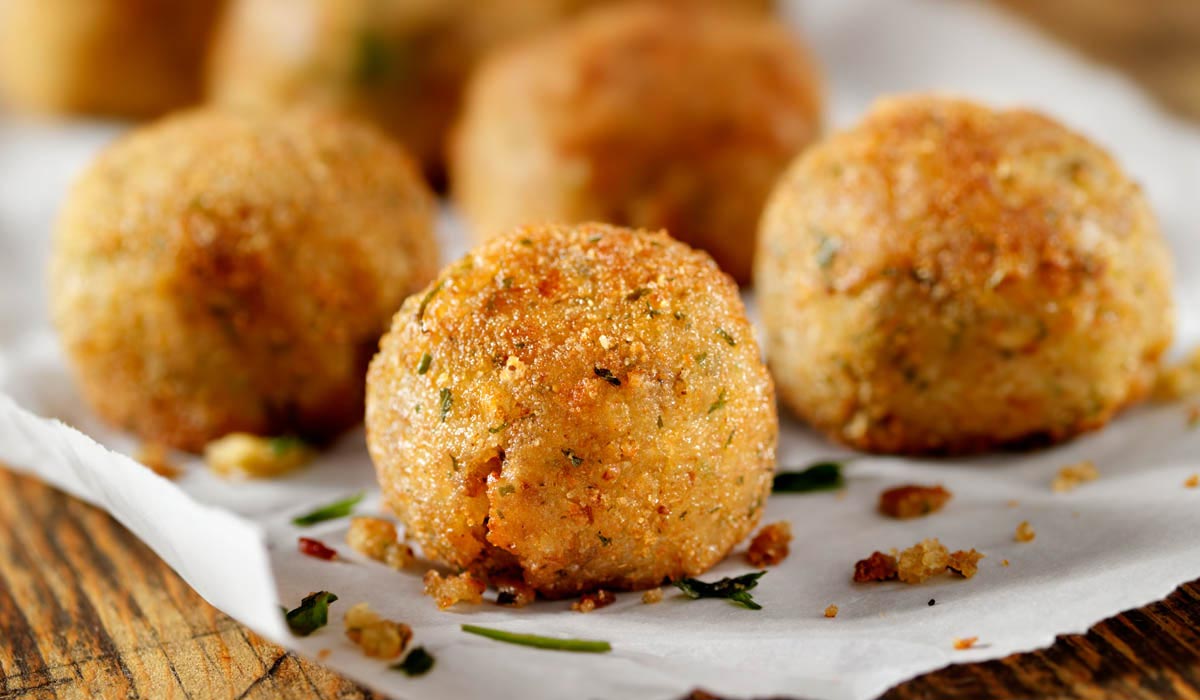Alici nella meraviglia
Savoury, oil-preserved anchovies give just enough richness to delicate artichoke hearts and smooth, milky mozzarella in a Sicilian muffoletta bun for a simple meal that is hearty, and simply marvelous.

ORIGINS
One of the key ingredients in this muffoletta, buffalo mozzarella, is a specialty traditionally produced in the Campania region with a history that dates hundreds of years. Historically, water buffalos used to be a common sight in the pastures of Campania and Lazio, where they were appreciated for their milk yield. As early as the 12th century, legend has it that the monks of the San Lorenzo monastery in Capua (a city situated north of Naples in the Campania region) made fresh pulled buffalo milk cheeses and wrote of their ‘mozza’ and ‘provatura’ (when it is smoked) offered to passing pilgrims. The name ‘mozzarella’ referring to this buffalo milk cheese, is said to be first recorded in the text of recipes written by Barolomeo Scappi, the personal chef to the Pope, in the 16th century.
Mozzarella di Bufala Campana has been given Protected Designation of Origin status by the European community, whereby those products carrying this symbol are certified to be produced according to a strictly controlled traditional recipe in select locations in the regions of Campania, Lazio, Apulia and Molise.
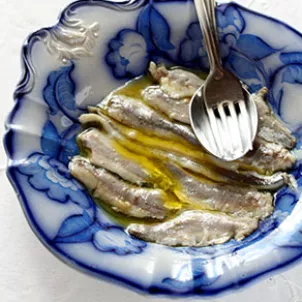
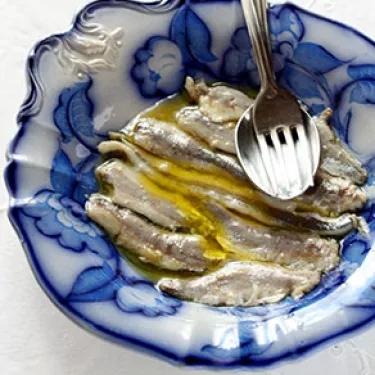
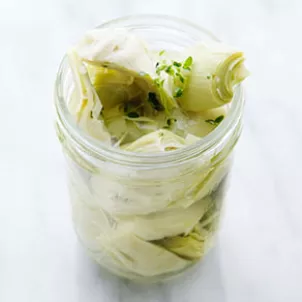
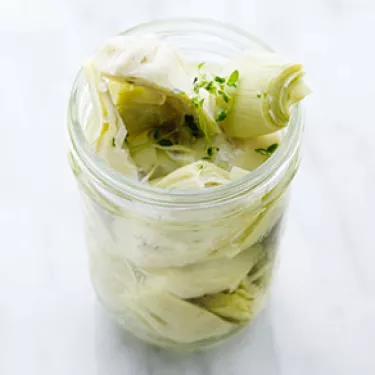




RECIPE
Muffoletta is typically filled with various ingredients, fresh, cooked, or cured, to create a satisfying panino that is great for lunch or a light dinner.
The recipe calls for traditional muffoletta bread, but if you can’t find this at your local bakery, try the recipe with your favourite soft white bun with the filling as recommended. It is best, of course, made with Mozzarella di Bufala Campana (DOP) for the real taste of southern Italy, which may not always be available – as an alternative, you can use the highest quality mozzarella you can find.
PREPARATION
Start constructing your muffoletta by slicing the buns in half, horizontally. Divide the mozzarella on the bottom halves of the muffolettas, then top with the artichoke slices, followed by anchovy fillets, spacing them carefully as the anchovies can be quite salty. Seasoning with salt may not be necessary depending on your chosen anchovies.
Cover the buns with the top halves. Serve immediately.
INTERESTING FACTS
Mozzarella gets its name from the Italian verb ‘mozzare’, meaning ‘to cut off’. ‘Mozzare’ is the traditional technique of making mozzarella that is still practiced by all mozzarella producers to this day – the cheese is worked by hand and once it is ready, the stringy curd is pulled and is cut off by the motion of the thumb and the index finger, to form the typical plump, sphere shape that we are all familiar with.


